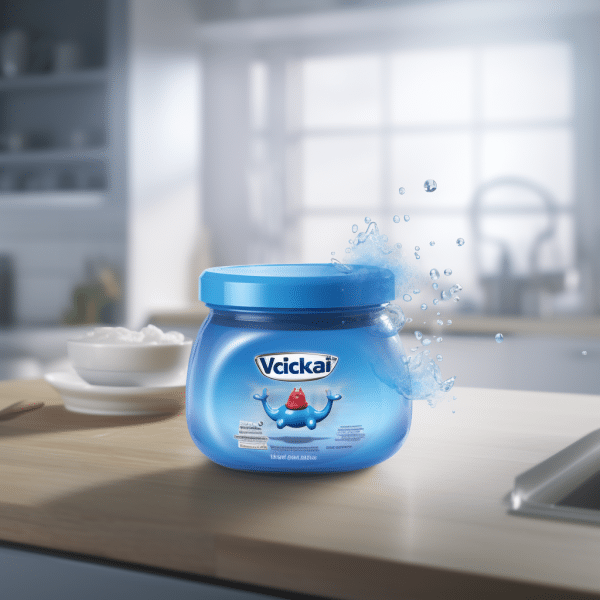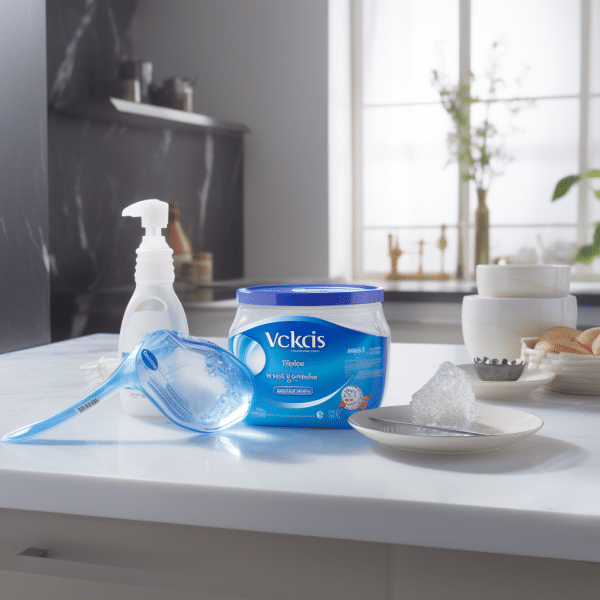
Vicks VapoRub Safely During Pregnancy Guide
Vicks VapoRub Safely You may be wondering how Vicks VapoRub affects pregnancy. You may have a stuffy nose and congestion and want to try everything to feel better. Therefore, knowing if Vicks is safe is crucial.
Vicks VapoRub is a topical ointment which consists of active ingredients such as camphor, eucalyptus oil and menthol. By incorporating these components, Vicks can function to ameliorate the symptoms of coughing, sore throat and congestion.
Can I Use Vicks While Pregnant?
Yes, you can apply Vicks while pregnant. Many expectant mothers have applied Vicks VapoRub during gestation with no troubles; however, it is recommended to confer with one’s physician prior to utilizing any new medication or treatment while pregnant.
Use ointments or creams carefully and remember that every pregnancy is different and can have different results for different women.
Vicks VapoRub can be used during pregnancy, but consult your doctor first. Your doctor can assess your health and medical history to determine if this product is safe.
Vicks VapoRub may help with pregnancy-related congestion and other symptoms.
Active ingredients in Vicks VapoRub
Vicks VapoRub contains camphor, eucalyptus oil and menthol as active components. These substances are known to deliver a cooling feeling to soothe minor discomfort and aches, while eucalyptus oil helps to clear nasal congestion.
Safe Cold Medications and Treatments During Pregnancy
Safe cures and treatments for pregnant women and their unborn children are crucial. Over-the-counter cold drugs including acetaminophen (Tylenol), saline nasal sprays and drops, and humidifiers are safe during pregnancy.
Before using any medication or treatment while pregnant, check a doctor because the safety of certain substances depends on the individual and her pregnancy.
Non-medication treatments including relaxation, water, and sleep can also alleviate cold symptoms during pregnancy.
Non-Medicinal Treatments For Cold During Pregnancy
Many non-pharmaceutical remedies can help pregnant women with colds. Rest helps the body’s natural defenses, while water, juice, and broth can rehydrate and reduce congestion.
A humidifier can contribute moisture to the air, which can effectively reduce a stuffy nose and sore throat. Saline nasal sprays and neti pots can help clear out mucus and eliminate blockages.

How to Get Rid of Cold While Pregnant
Try natural and safe therapies like hydration and relaxation to relieve pregnant discomforts. You can also ease throat inflammation and congestion with honey and ginger tea and brothy soup. A cold compress may also ease pain. You can also treat sinus blockage with saline drops, nasal strips, and steam.
If these home remedies fail, try pregnancy-friendly drugs like Vicks Vaporub, Tylenol, Sudafed*, and Robitussin*. Consult your doctor before taking any drugs in the first trimester and follow dose directions.